Is Anxiety an Addiction?
Is Anxiety an Addiction? Why It Feels That Way—and How to Break Free
Is anxiety an addiction? In some ways, yes—and it’s more common than you think. Learn how anxiety loops hijack your brain, and discover practical tools to float through fear, rewire your thoughts, and find lasting peace. #MentalHealthMatters #AnxietySupport #HealingJourney
Hey friend—
Let’s get real for a second. Have you ever felt like your anxiety has a mind of its own? Like it keeps looping, spinning, and spiraling—no matter how many affirmations you try or how many workouts you squeeze in?
I’ve been there. And recently, I asked myself a question that completely changed the game:
Is anxiety an addiction?
I know, that sounds a little out there at first. We usually think of anxiety as something that happens to us, not something we cling to. But when we start to unpack how anxiety works—and how it loops in our nervous systems—it starts to resemble something oddly familiar: an addiction.
Let’s break this down together. Because once you understand the anxiety cycle, you can start to break it. And spoiler alert: It’s not about controlling your thoughts—it’s about loving yourself through them.
Watch the Video on YouTube
Listen to the Podcast Episode
What Is the Anxiety Cycle?
Anxiety isn’t bad. It’s your brain’s survival system doing its job. When something feels threatening—a deadline, a strange pain in your chest, a big decision—your body jumps into action.
The problem? For many of us, especially if you’ve been through trauma or long-term stress, the system doesn’t shut off.
Here’s how the anxiety cycle usually works:
Trigger – A thought, sensation, or memory causes a spark of fear.
Physical Reaction – You feel a racing heart, tight chest, dizziness, or nausea.
Second Fear – You panic about the anxiety itself.
Loop Begins – Your mind doubles down. “What’s wrong with me? Am I okay?”
More Fear – The fear feeds itself, locking you into the cycle.
This feedback loop gets stronger with repetition. The more you loop it, the more your brain believes it’s normal. And just like any addiction, it becomes your default mode.
So, Is Anxiety Addictive?
In many ways, yes. Not because we want it—but because our nervous system remembers it. Familiar = safe, even if it’s uncomfortable.
And if you’re anything like me, this loop can get so sneaky that it becomes a lifestyle:
Constant worry about finances
Obsessing over a loved one’s health
Asking, “Am I doing enough?” on repeat
Once I realized I was rehearsing the same anxious script every day, I made a decision. It was time to break the cycle.
Here’s how I did it—and how you can too.
Breaking the Anxiety Addiction: Your Gentle Guide to Healing
🧠 Recognize the Cycle: Anxiety becomes addictive when we fear the anxiety itself—this is called “second fear.”
💭 You Think 90,000 Thoughts a Day: Most are repetitive. If you're rehearsing fear, it's time to rewire.
🧘 Float, Don’t Fight: Inspired by Dr. Claire Weekes, floating through anxiety means accepting, not resisting.
🌳 Nature Heals: Meditating near water or trees helps you connect to peace when your mind is loud.
🚶 Move with Kindness: Physical activity releases tension, but focus on gentleness—walking, yoga, stretching.
✍️ Cognitive Restructuring: Replace “I’m broken” with “I’m learning and healing.” Talk to yourself like a loving parent.
👥 Lean into Support: Safe friends, mentors, and masterminds remind you—you’re not alone and you’re not broken.
🪞 Practice Self-Love Daily: Mirror work, journaling, and affirmations create a calm internal world.
🛠️ Seek Professional Tools: Therapy, coaching, and even medication can provide life-changing breakthroughs.
🌈 Healing Is a Practice: You don’t "beat" anxiety—you manage it over time with love, awareness, and patience.
Floating Through Fear (Literally)
One of the most powerful tools I’ve learned is floating—a concept introduced by anxiety pioneer Dr. Claire Weekes.
Instead of bracing for anxiety or trying to “fix” it, I now imagine myself floating. Sometimes it’s a river. Sometimes it’s a cloud. Either way, I let go of control and just… float.
There’s no resistance, no judgment—just presence.
It’s a way of saying, “Okay fear, I see you. You’re allowed to be here. But I don’t have to become you.”
You can try it, too. The next time anxiety comes, close your eyes, take a deep breath, and picture yourself gently floating. It may sound simple, but it retrains your nervous system to respond with calm instead of panic.
Why Movement Matters (But Not the Gym Rat Kind)
I’ve been in the fitness world most of my life, so I used to power through workouts no matter what. But anxiety taught me a new rhythm: one of compassionate movement.
Now I walk. I stretch. I do gentle yoga. The point isn’t to “crush it”—it’s to let energy flow out of my body, not lock it in.
Remember: Movement is medicine. But it should feel like kindness, not punishment.
Rewriting the Inner Script
If anxiety is a loop, then cognitive restructuring is the break in the record.
This means asking yourself:
“Is this thought even true?”
“Would I speak to a child this way?”
“What would love say instead?”
Then, rewrite the thought. For example:
Old: “I’m never going to figure this out.”
New: “I’m figuring this out one step at a time. I’m doing better than I think.”
This gentle practice rewires your 90,000 daily thoughts into something that supports you—not scares you.
The Power of Community
Here’s a secret: You don’t have to do this alone.
My healing really accelerated when I leaned into support. In my mastermind with Joseph Rodrigues, I connected with coaches like Cintia and Mark—people who’ve been through it and who helped me see that I wasn’t broken. I was simply in progress.
Sometimes a good friend who listens without “fixing” you is more powerful than any strategy.
Sometimes a coach gives you tools that change your life.
And sometimes the simple act of sharing your story starts a ripple effect that touches someone else’s life. That’s why I do what I do.
You Are Not Your Anxiety
Let’s wrap this up with some truth you might need today:
🌟 You are not your thoughts.
🌟 You are not your panic.
🌟 You are not your past.
You are love. You are light. You are free.
And when anxiety whispers again—and it will—you’ll know what to do:
💛 Float.
💛 Breathe.
💛 Speak to yourself with kindness.
💛 Ask for help.
💛 Keep going.
Because healing is a habit too. And it gets stronger with every loving step you take.
About the Author
Kathie Owen is a corporate wellness consultant, certified life coach, and host of Kathie’s Coaching Podcast.
With decades of experience in fitness, mindset coaching, and emotional resilience, she helps individuals and teams reduce burnout, build mental fitness, and fall in love with their lives again.
When she's not working with clients or speaking on stage, you can find her walking her dog Rusty, journaling in nature, or sharing healing insights on YouTube and Instagram.
#AnxietyRelief #MentalHealthAwareness #LouiseHay #FloatDontFight #InnerHealing #MindsetCoach #CorporateWellness #BreakTheLoop #CPTSDRecovery
Follow Kathie on Social Media
Read More Articles from Kathie
Transcript
Hey friends, it's Kathie Owen, and today I wanna talk about something I've been reflecting on a lot lately, and that is this question here, is anxiety an addiction? Now, I know that might sound strange at first, anxiety feels like more like something we suffer from, not something we choose. But hear me out. When anxiety becomes chronic, when it loops in our bodies and minds day after day, reacting to the same thoughts, the same fears, the same physical patterns. It starts to look a lot like an addiction, and just like any addiction, breaking free requires awareness, self-love, and a new relationship with our thoughts and feelings. So today I'm walking you through not only what the anxiety cycle is, but also how I've personally been breaking that cycle in my own life using tools like Louise Hay's mirror work, revising anxious thoughts and practicing floating. Yeah, exactly. Through fear instead of fighting it. Let's dive in. You are listening to Kathie's Coaching podcast. I'm your host, Kathie Owen. First, let's talk about what is the anxiety cycle. At its core, anxiety is your body's survival response. It's actually healthy, but when you start getting anxious, thoughts about feeling anxious. That's when it becomes a loop. It's called second fear. Anyways, here's how it usually works. You might feel a trigger, a thought, a sensation, a memory that trigger sparks fear. The fear causes physical symptoms like a racing heart, a tight chest, or dizziness. Or all of the above, and those symptoms make you think something is wrong. So your brain doubles down, it's just doing its job, and now you are afraid of the anxiety itself. Boom, you've been trapped in the cycle. And like any loop, the more we repeat it, the stronger it gets. It becomes familiar, almost comfortable. Almost addictive. And for me that addiction looked like constant worry, especially about, I don't know, finances, about my dog's health, and about whether I was doing enough or being enough. Yeah, but once I realized I was rehearsing the same anxious script every day, I knew something had to change. I mean, we think over 90,000 thoughts a day. And imagine this, if they turn into a pattern and they keep repeating, it's time to change that pattern. So how do we interrupt the loop? Here's what's helped me, and it might help you too. Number one, mindfulness and meditation. There's this thing called floating. It is inspired by Dr. Claire Weeks work, and I learned to face the fear. Accept it, float through the feeling, and then let time pass When I'm anxious. Now I picture myself floating on my back in a gentle river, but you can also picture yourself floating on a cloud and you don't resist it. You don't fight. You just float and accept it. Meditation in nature has been a game changer. I sit by a pond near my house. I live near a golf course, and I just sit there and I breathe, and I let the ducks and nature, the trees, remind me that peace is available even when my mind is loud. Number two is physical activity. Exercise releases built up adrenaline and tension, but I don't push myself anymore. I move my body with kindness, with walks, gentle workouts, yoga stretches. The goal is release, not punishment. And let me tell you something, I've been in fitness. All of my life, I've been one that loves going to the gym and loves working out, but I practice something a little different. I practice kindness. I mean, movement is important. I realized that. So I changed up my fitness routine and I do walking, or I do a gentle workout, or I do yoga and stretch it out. Number three is cognitive restructuring. So let's go back to how many thoughts we think a day. If we think over 90,000 thoughts a day, imagine that. And a lot of times we don't even know what those thoughts are. So cognitive restructuring is all about rewriting those thoughts, rewriting the inner script. I ask myself, is this thought even true? I then revise it. I rewrite it like a loving mother would, or as a loving parent, would write to a child. Instead of, I'm never gonna figure this out. I say, I'm figuring this out one step at a time, and I'm doing better than I think. This is cognitive restructuring. And let me add something. There's power in support. Breaking the anxiety cycle doesn't happen in isolation. So I'm part of a mastermind. I'm part of flow-based Mastermind with my mentor, Joseph Rodrigues, and I will have links to his YouTube channel in the show notes and description below. But inside. Of this Mastermind. I have met coaches like Cintia who is a manifestation coach, and Mark. Mark would talk during the Mastermind about working with his clients who had anxiety. I. He had anxiety in in his lifetime, and I knew it from the stories that he shared, and these stories really inspired me. And I reached out to him, and Mark is the one who taught me about floating, who taught me about these things. And I'm breaking out of that cycle. I'm breaking through, but that's the power of support. Here, here's what helped me. I talked to family and friends who listen without trying to fix me. You don't need to be fixed. You just need somebody to listen. And then I. Hired coaches and mentors like Cintia and Mark who remind me that I am not broken. In fact, I'm learning ways to help other people, which inspires me and lights me up. And then there's people like you who listen to my YouTube channel, who read my blog posts and this is an amazing community. The support here lifts me up every single day, and I believe in that ripple effect. So when I'm talking about what I went through, I believe that that ripple effect helps others in your life as well. And let's be real. Sometimes we need professional help. Therapy, medication coaching. There's zero shame in getting tools and guidance. And let me remind you of something. It's a long term management. You don't just beat anxiety once you manage it over time. In 2006, I was diagnosed with complex post-traumatic stress disorder. This means I'm on a journey. I'm not at a destination and what helps me is helping other people as well, and that's how it works and it's just such a blessing. Again, you don't beat anxiety once you manage it, you manage it and you manage it over time. So there's daily self-love practices looking in the mirror, like I talked about with Louise Hay and saying, I love you. You're safe. I got you. Journaling, gratitude and thought revision several times a day. Trigger awareness. I now expect certain things to bring anxiety, so I prep my mind ahead of time, like a mental umbrella in a forecast of rain. Anxiety is not a flaw. It's just your nervous system doing its best to protect you. But when you treat yourself with compassion, you shift from surviving to thriving. And I have to tell you a story here about one of my mentor's clients. So he coached this client who hired him because she was stressed out about college. She had anxiety over her college classes, and she worked with him for several years. Well, at one point in time, her brother got shot. In front of her and she was able to remain calm. This means she managed the anxiety. Not only that, he saw her several years later and she told him how her life was going she told him that she had just graduated college, and she said it like, no big deal. So what happened was she progressed over time and the anxiety was managed and to think she even managed her anxiety. With her brother being shot and was able to remain calm in that situation. Can you imagine? Anyways I aspire to be like that as well. So it's maintaining progress and preventing a relapse. This part is key. Keep practicing even on the good days. Keep reflecting. Even when you think you've got it and when anxiety whispers again because it will, I promise you, meet it with love, not fear. The goal isn't to never feel anxiety again. Remember, anxiety is a healthy response. The goal is to no longer be afraid of it. Final thoughts here is anxiety an addiction? In some ways, yes, because it is a loop. It is familiar and it feeds on repetition, but guess what? So does healing. With enough love awareness and gentle consistency, you can rewire your brain. Again, let's rewire those 90,000 thoughts a day into something more productive. You can float instead of fight or flight. You can revise instead of rehearse, and you can love yourself into safety and calm. And if I can do it, you can too. All right thank you for listening today. If this resonated with you, please share it with someone who might need a little hope. And remember, you are not your anxiety. You are love, you are light, and you are free. And also remember, inside every video I do, I include a blog post that has links to all the things I talked about in the video today, including bonus resources. So be sure to check that out in the show notes and description below. And until next time, keep showing up for yourself one floating breath at a time. Alright, peace out and namaste.


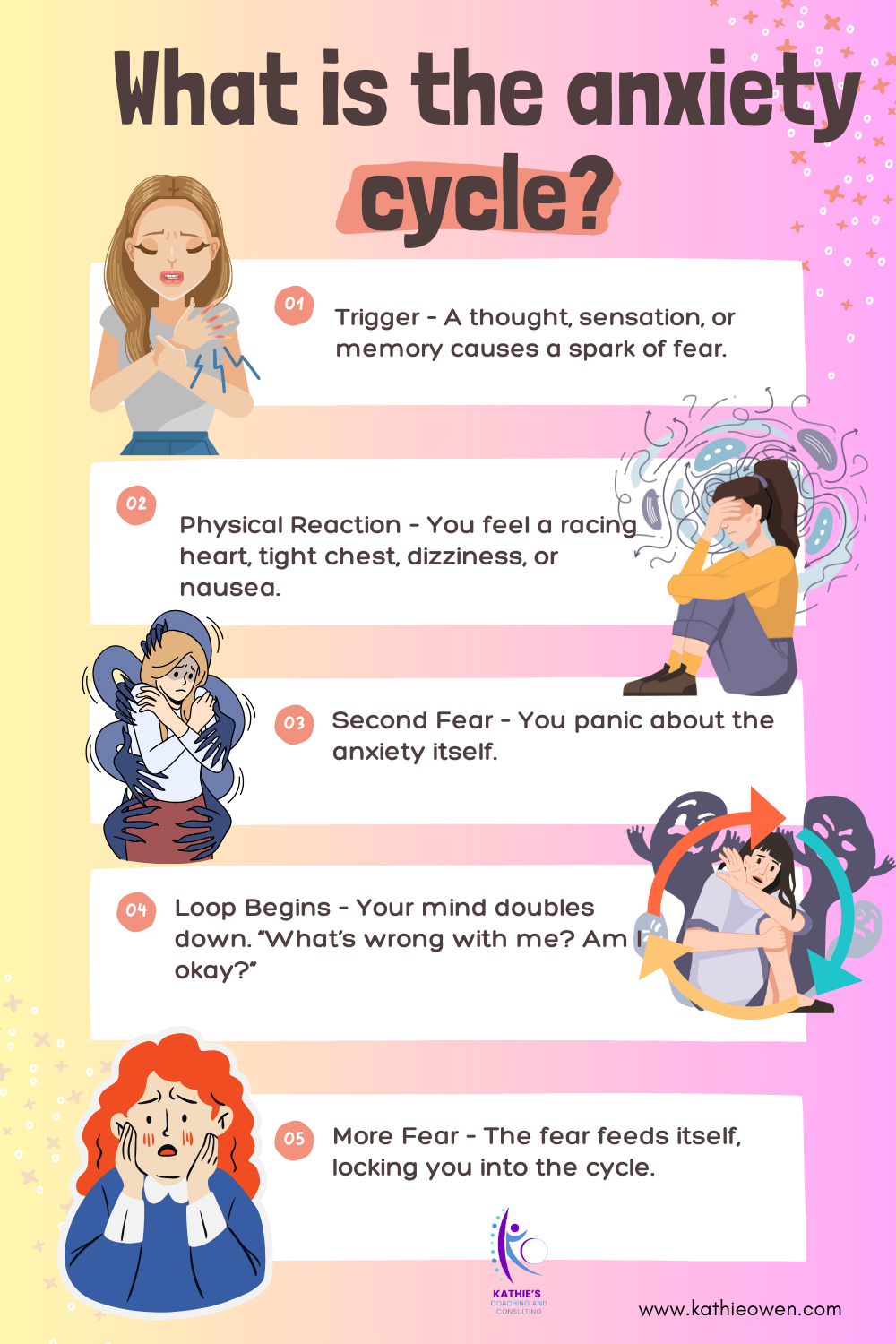

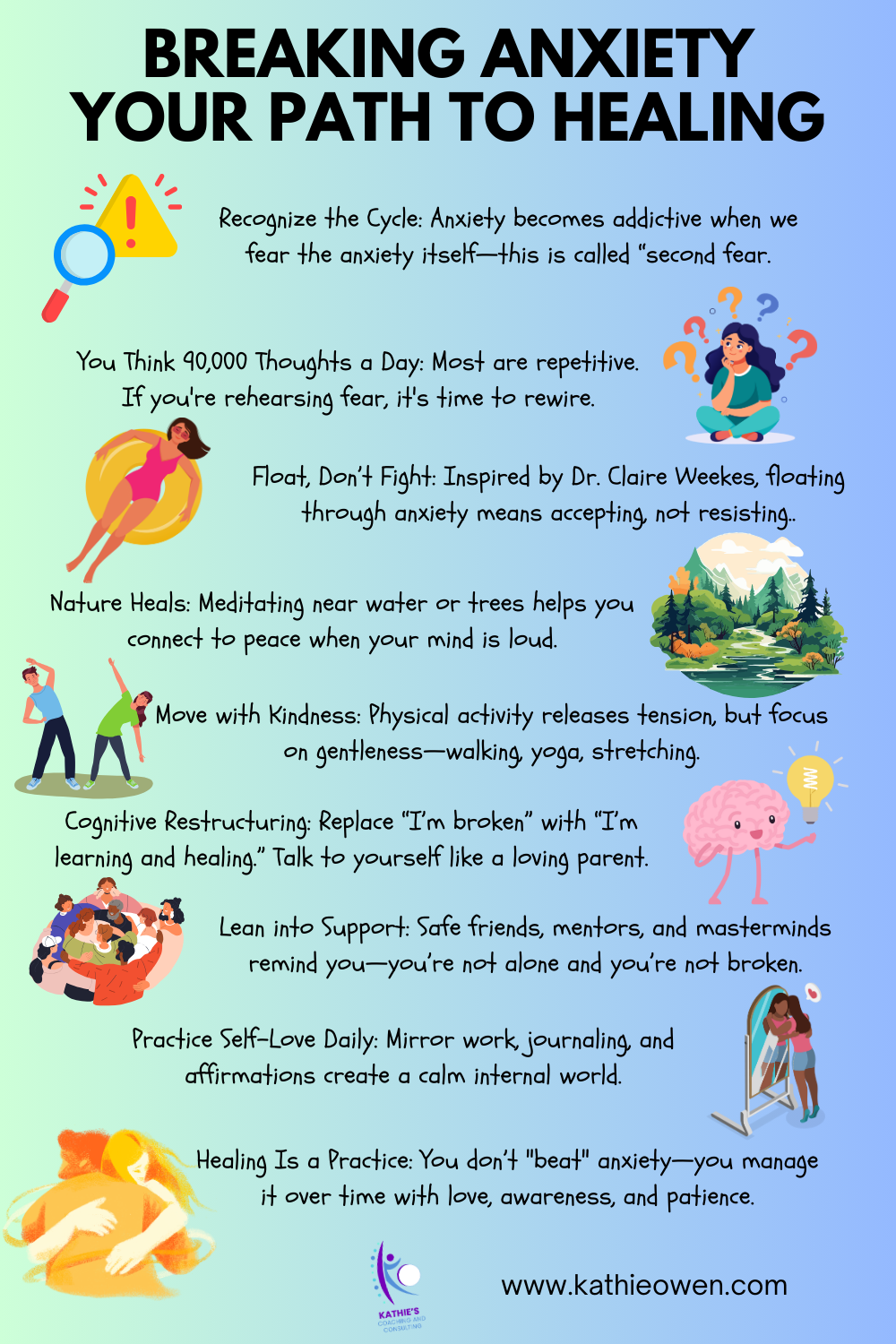
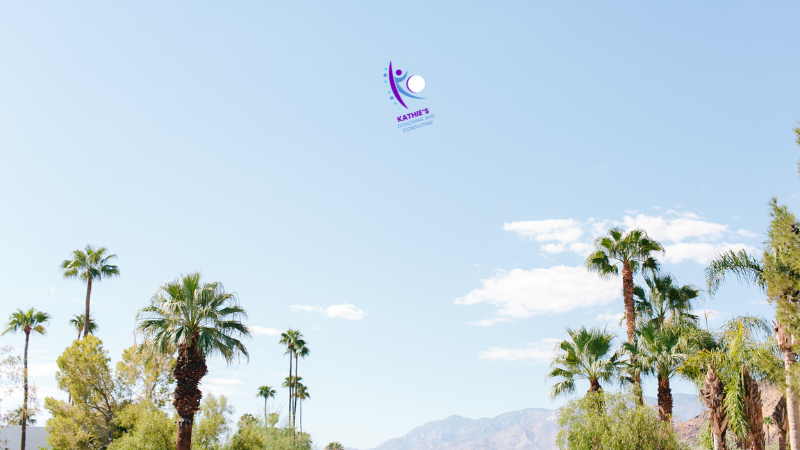






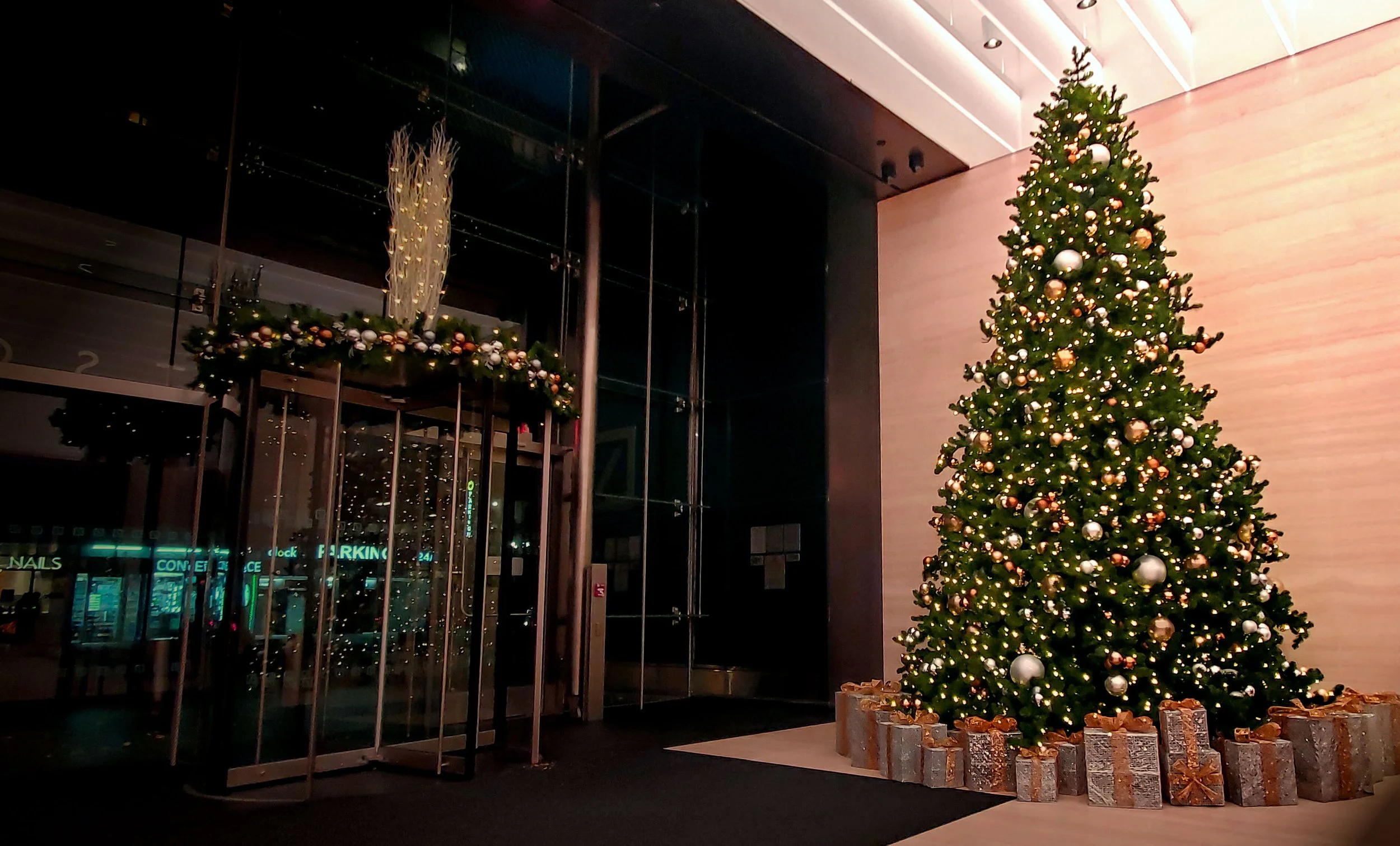

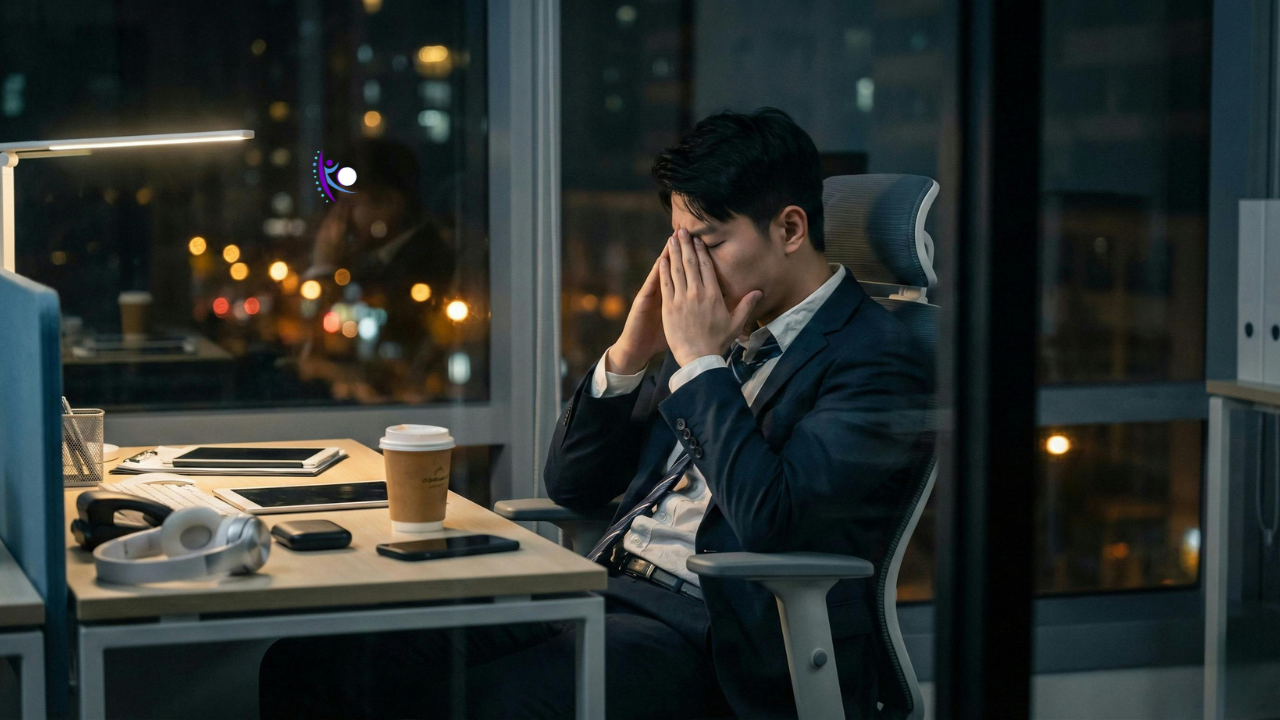
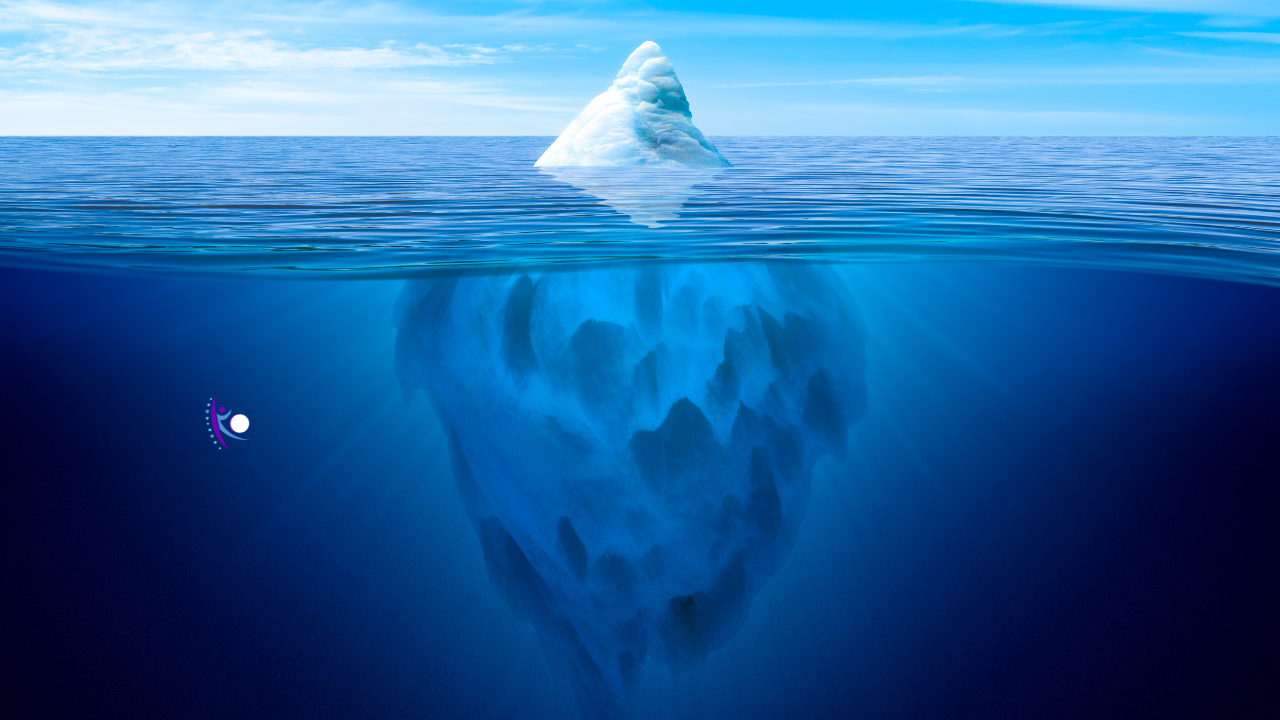

Most consultants rush to fix companies, but the real risk is human—not operational. Disciplined observation reveals hidden behavioral patterns, power dynamics, and identity attachment that destabilize performance. Learn how mapping human systems protects enterprise value in M&A and leadership transitions. #Leadership #MergersAndAcquisitions #HumanRisk #ExecutiveStrategy #OrganizationalHealth